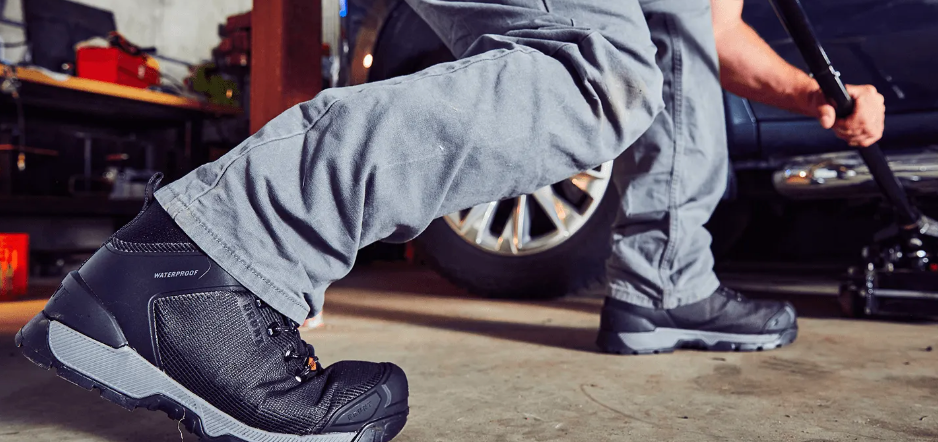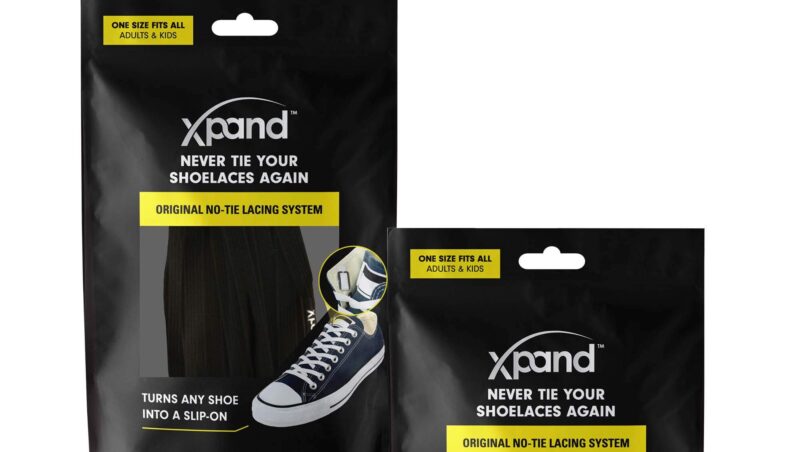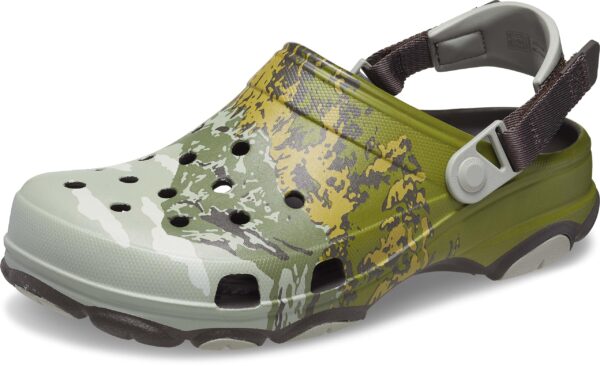As a mechanic or technician, you know the importance of having the right footwear to keep you safe and comfortable while working in oil-laden environments. Oil-resistant work shoes are designed specifically to withstand deterioration caused by oil and other petroleum-based substances, providing you with the necessary protection and durability for your job.Choosing the right pair of oil-resistant work boots or shoes is crucial for your safety and comfort. By picking footwear with features such as safety toes, slip resistance, and sturdy construction, you can ensure that your feet are well-protected in the harshest conditions. Additionally, investing in high-quality oil-resistant footwear helps you maintain a better grip on slippery surfaces, reducing the risk of accidents in the workplace.In this article, we will explore different options for oil-resistant footwear specifically designed for mechanics and technicians. We will discuss the features and qualities that make them suitable for use in your line of work, as well as some of the top brands and models available on the market today.
Importance of Oil-Resistant Footwear for Mechanics and Technicians
As a mechanic or technician, your work environment often exposes you to various challenges, including slippery surfaces. Oil-resistant footwear is essential for ensuring your safety and efficiency while working. It protects you from potential accidents and slipping hazards that may impact both your productivity and pride in your work.Working around oil can be hazardous to regular footwear as oil is naturally corrosive to common materials like fabric, leather, and rubber. Moreover, oil spills can compromise your ability to maintain balance and stability in the workplace. Investing in oil-resistant footwear keeps your shoes in better condition and provides extra traction, thus helping you to work efficiently and confidently.Choosing proper oil-resistant work boots also supports your overall foot health. These boots are designed to accommodate the long hours of standing and walking that mechanics and technicians typically engage in on a daily basis. Utilizing features such as arch support and shock-absorbing soles can significantly reduce discomfort and fatigue, allowing you to maintain your productivity and pride in your work.Additionally, oil-resistant footwear comes with other advantages such as slip resistance and anti-static safety features. These extras not only protect you from slipping hazards but also help to ensure a safe work environment by minimizing the risk of static-related incidents.In summary, incorporating oil-resistant footwear into your work attire not only enhances your productivity and pride but also promotes a safer and more stable workplace. As a mechanic or technician, it is crucial to prioritize your safety and well-being by opting for footwear that meets the demands of your working environment.
Key Features of Oil-Resistant Footwear
Choosing the right oil-resistant footwear for mechanics and technicians is crucial for ensuring safety and comfort on the job. In this section, we will cover the key features to look for when selecting the best footwear for your needs.
Slip Resistance
A key feature of oil-resistant footwear is slip resistance. Working in environments with oil and grease can be hazardous, and it’s important that your footwear provides adequate grip on slippery surfaces. Look for shoes and boots with specially designed, non-slip outsoles, such as those found in AIMBOO Oil Resistant Steel Toe Boots and oil-resistant work shoes.
Waterproofing
Another essential feature is waterproofing. Oil-resistant footwear should not only protect against oil and grease, but also keep your feet dry in wet conditions. One option is to choose footwear made of waterproof materials, like the Ever-Guard™ leather used in Timberland’s oil & gas footwear, which repels oil, gas, and water while being highly abrasion-resistant.
Safety Toes
Safety toes are a must-have feature for mechanics and technicians working in potentially hazardous environments. There are various types of safety toes, such as steel, composite, and alloy toes, which provide different levels of protection. Timberland Pro Rigmaster XT Steel Toe Boots, for example, offer excellent toe protection, made from 100% leather upper and featuring shock absorption to reduce foot fatigue.
Electrical Hazard Protection
Lastly, electrical hazard protection is an important factor to consider when selecting oil-resistant footwear. This feature is designed to reduce the risk of electrical shock by limiting the flow of electricity through the shoe. Keep an eye out for shoes and boots that specifically mention their electrical hazard protection capabilities, as this is a key component in keeping you safe when working with electrical equipment.
Materials and Construction
In this section, we will discuss the materials and construction of oil-resistant footwear for mechanics and technicians, focusing on the rubber outsole and waterproof leather.
Rubber Outsole
A high-quality rubber outsole is essential for oil-resistant footwear as it provides excellent traction on slippery surfaces. This is crucial for your safety, especially when working around oil and grease.When choosing a work boot or shoe, look for a durable, non-slip rubber outsole that can withstand daily wear and tear. For example, the AIMBOO Oil Resistant Steel Toe Boots feature a specially designed outsole that is both oil and grease resistant, ensuring your footing remains stable regardless of the environment you work in.
Waterproof Leather
Along with a solid rubber outsole, waterproof leather is another essential material found in oil-resistant footwear. This feature keeps your feet dry and comfortable throughout the workday, despite exposure to oil, grease, or water.Some popular work boots, like the Redback Mechanic Work Boots and Timberland PRO Hyperion Work Boots, use waterproof leather uppers to protect your feet and ensure long-lasting durability.In conclusion, when selecting the perfect oil-resistant footwear for your job as a mechanic or technician, pay close attention to the rubber outsole and waterproof leather features. These materials are crucial for both your safety and comfort, allowing you to stay focused on your tasks while keeping your feet dry and slip-free.
Types of Oil-Resistant Footwear
Oil-resistant footwear is crucial for your safety on the job, especially as a mechanic or technician. With various options available, it’s essential to choose the right type of footwear that provides both the necessary protection and comfort. In this section, we’ll cover two types of oil-resistant footwear: shoes for mechanics and work boots for mechanics.
Shoes for Mechanics
Oil-resistant shoes designed for mechanics are typically light-weight and comfortable, allowing you to maneuver easily throughout the day. These shoes often feature slip-resistant soles, reducing the risk of falls on oily or greasy surfaces. Many brands, such as Ariat and Reebok, offer excellent options in this category.When choosing shoes for mechanics, consider the following features:
- Slip and oil-resistant soles
- Comfort and support for long hours on your feet
- Durable materials for extended use
- Easy to clean surfaces
Work Boots for Mechanics
Work boots offer a more robust option for mechanics and technicians. They provide additional protection and support, including steel or composite toe caps, and may be more suitable for heavy-duty work environments. Brands like Redback Boots and Ariat offer quality work boots with oil-resistant properties.When selecting work boots for mechanics, consider the following features:
- Steel or composite toe protection
- Oil, chemical, and water-resistant materials
- Slip-resistant outsoles
- Puncture-resistant midsoles
- Comfort and support for all-day wear
Taking the time to choose the appropriate oil-resistant footwear can make a significant difference in your safety and comfort while working in a mechanic or technician role. Whether you opt for shoes or boots, ensure they meet your specific needs and workplace requirements.
Factors to Consider when Choosing Oil-Resistant Footwear
As a mechanic or technician, oil-resistant footwear is essential to ensure safety and comfort in the workplace. When selecting the right pair, consider these key factors to make the best choice for your needs.
Abrasion Resistance
The durability of your footwear is crucial when working in environments with potential exposure to oil and other chemicals. Opt for shoes that are made from materials with high abrasion resistance, as this will help prolong the life of your shoes and minimize the chance of premature wear. Additionally, consider the quality of the soles, as they should also be resistant to slipping, especially when working on oily or wet surfaces.
Comfort and Fit
Don’t overlook comfort and fit when choosing oil-resistant footwear. Working long hours on your feet can take a toll, so it’s essential to find shoes that provide proper support and cushioning. Look for features such as:
- Arch support to help distribute weight evenly and reduce foot fatigue
- Shock-absorbing midsoles for added comfort during long shifts
- Padded insoles to provide extra cushioning for your feet
- Wide toe boxes to accommodate natural toe movement and prevent cramping
A proper fit is essential for both comfort and safety. Trying on different sizes, brands, and styles can help you find the perfect pair tailored to your unique needs.By keeping the above factors in mind, you can confidently select the ideal oil-resistant footwear to keep you safe, comfortable, and protected in your role as a mechanic or technician.




